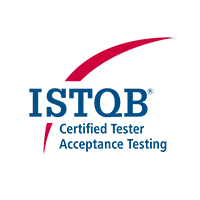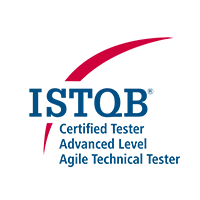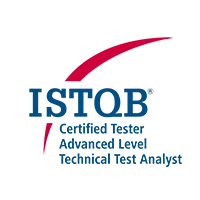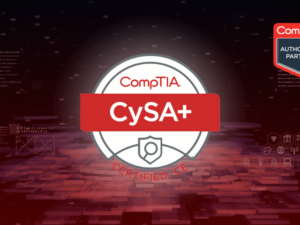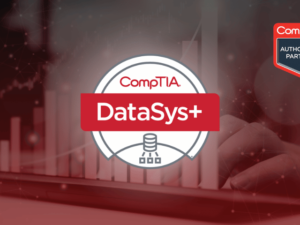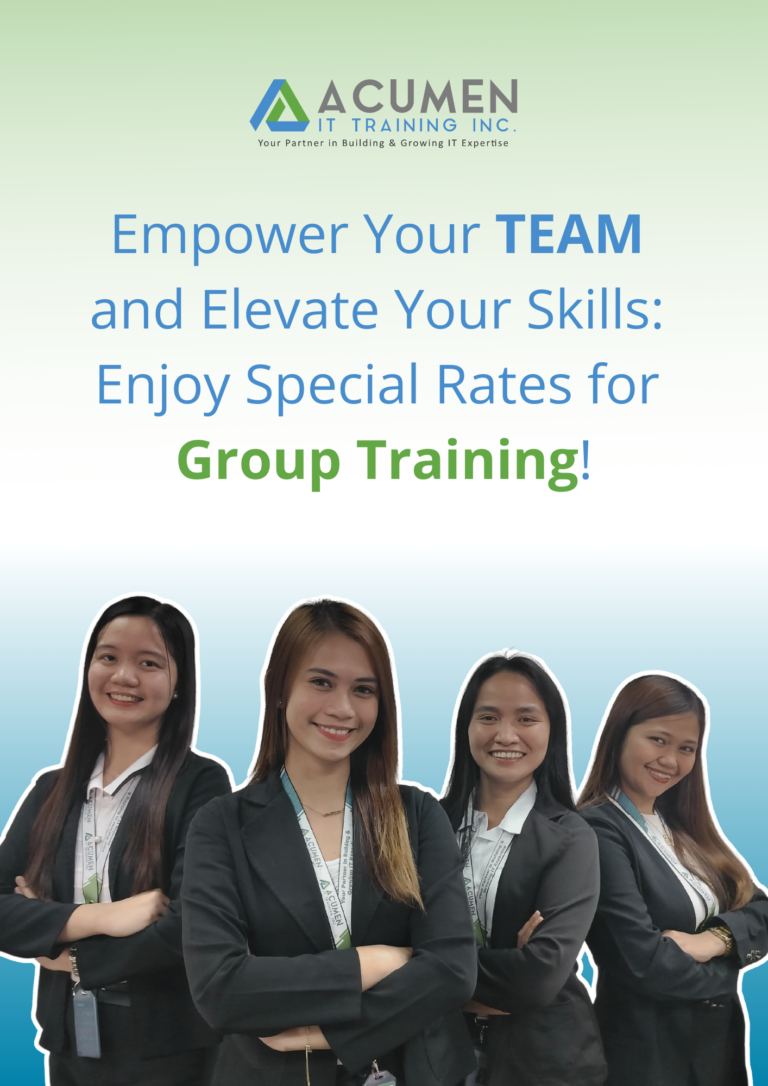ISTQB CERTIFIED TESTER FOUNDATION LEVEL EXTENSION AGILE TESTER (CTFL-AT)
- Description
- Reviews
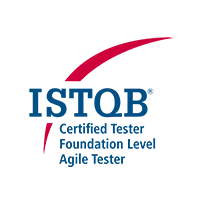
ISTQB CERTIFIED TESTER FOUNDATION LEVEL EXTENSION AGILE TESTER (CTFL-AT)
COURSE DESCRIPTION
The objective of the course is to prepare delegates for the certification exam for the ISTQB Agile certification. Certified agile testers should be able to demonstrate their skills in the following areas:
• The Fundamentals of Agile Software Development
• The different agile approaches
• The Differences between Testing in Traditional and Agile Approaches
• Testing in Agile Projects
• Roles and skills of a tester in Agile Projects
• Agile testing techniques and methods
• Assess product quality risks within an Agile project
• Estimate testing effort based on iteration content and quality risks
• Tools in Agile Projects
DURATION
3 Days
AUDIENCE
This course is intended for anyone working on Agile project and who has a role or interest in software testing and wish to get
certified as Agile tester.
PREREQUISITE
Participants must hold the ISTQB Foundation Certificate.
COURSE OUTLINE
1. Agile Software Development
1.1. The Fundamentals of Agile Software Development
1.1.1. Agile Software Development and the Agile Manifesto
1.1.2. Whole-Team Approach
1.1.3.Early and Frequent Feedback
1.2. Aspects of Agile Approaches
1.2.1. Agile Software Development Approaches
1.2.2. Collaborative User Story Creation
1.2.3. Retrospectives
1.2.4. Continuous Integration
1.2.5.Release and Iteration Planning
2. Fundamental Agile Testing Principles, Practices, and Processes
2.1. The Differences between Testing in Traditional and Agile Approaches
2.1.1. Testing and Development Activities
2.1.2. Project Work Products
2.1.3. Test Levels
2.1.4. Testing and Configuration Management
2.1.5. Organizational Options for Independent Testing
2.2. Status of Testing in Agile Projects
2.2.1. Communicating Test Status, Progress, and Product Quality
2.2.2. Managing Regression Risk with Evolving Manual and Automated Test Cases
2.3. Role and Skills of a Tester in an Agile Team
2.3.1. Agile Tester Skills
2.3.2. The Role of a Tester in an Agile Team
3. Agile Testing Methods, Techniques, and Tools
3.1. Agile Testing Methods
3.1.1. Test-Driven Development, Acceptance Test-Driven Development, and Behavior-Driven Development
3.1.2. The Test Pyramid
3.1.3. Testing Quadrants, Test Levels, and Testing Types
3.1.4. The Role of a Tester
3.2. Assessing Quality Risks and Estimating Test Effort
3.2.1. Assessing Quality Risks in Agile Projects
3.2.2. Estimating Testing Effort Based on Content and Risk
3.3. Techniques in Agile Projects
3.3.1. Acceptance Criteria, Adequate Coverage, and Other Information for Testing
3.3.2. Applying Acceptance Test-Driven Development
3.3.3. Functional and Non-Functional Black Box Test Design
3.3.4. Exploratory Testing and Agile Testing
3.4. Tools in Agile Projects
3.4.1. Task Management and Tracking Tools
3.4.2. Communication and Information Sharing Tools
3.4.3. Software Build and Distribution Tools
3.4.4. Configuration Management Tools
3.4.5. Test Design, Implementation, and Execution Tools
3.4.6. Cloud Computing and Virtualization Tools
Please contact us for schedules and for booking a private class.
Popular Courses
Archive
Working hours
| Monday | 9:00 am - 6.00 pm |
| Tuesday | 9:00 am - 6.00 pm |
| Wednesday | 9:00 am - 6.00 pm |
| Thursday | 9:00 am - 6.00 pm |
| Friday | 9:00 am - 6.00 pm |
| Saturday | Closed |
| Sunday | Closed |

